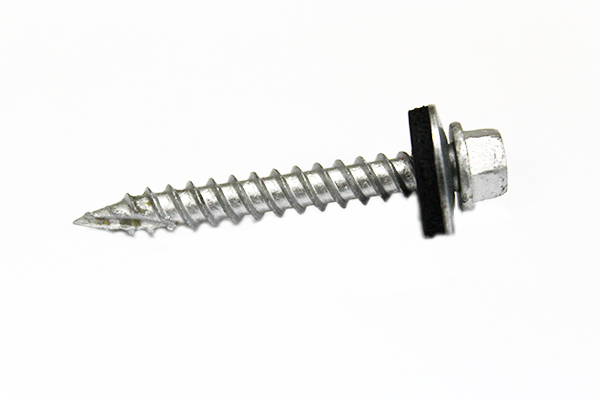Self-Drilling vs. Self-Tapping: What’s the Difference?
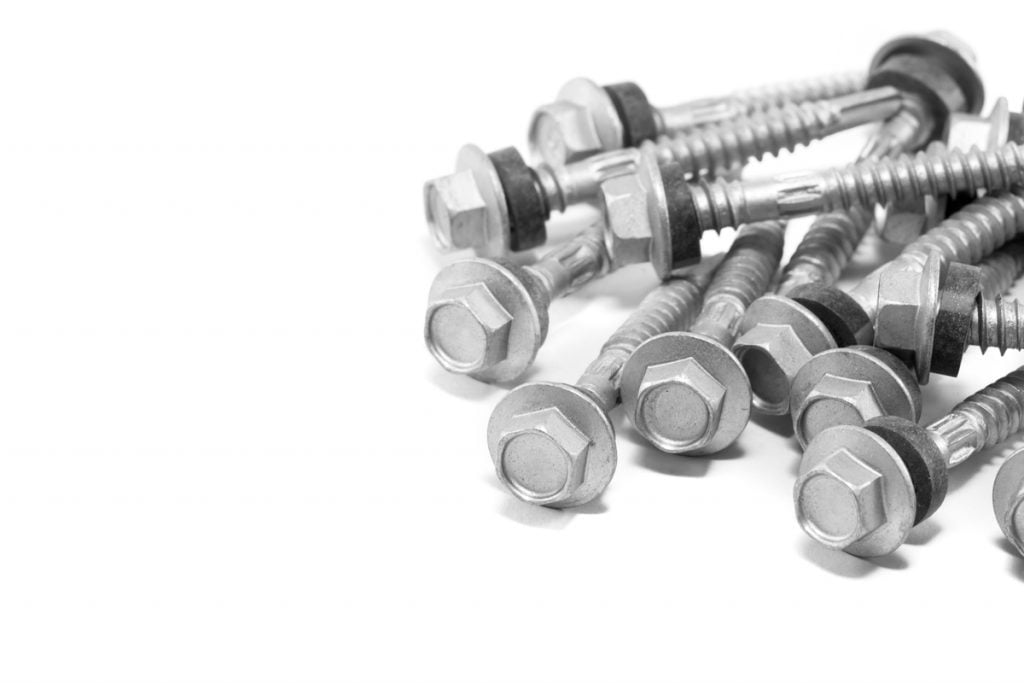
Self-Drilling and Self-Tapping Screws are not the Same
Self-tapping and self-drilling screws are two types of screws used in metal building and general construction, as well as many other applications and industries. Contrary to popular belief, the two terms are not interchangeable.
No construction project is ever completed without complication. Weather, material delays, and human error all cause interruptions. Some delays can be avoided, however. Simply ensuring you have the right tools for the job goes a long way in meeting your deadlines.
Sometimes our customers ask for self-tapping screws when they actually want self-drilling screws, or vice versa. We don’t want you to waste time or money by ordering the wrong products.
Anyone serious about getting a job done efficiently and effectively needs to know the difference between self-drilling and self-tapping screws. Choosing the right materials will save time, increase profit, and enhance the quality of your construction.
Let’s go over the similarities, differences, and how to know when to use which type of screw.
Self-Tapping Screws
Self-tapping screws have the ability to tap threads into the material. Self-tapping screws are used for all sorts of materials, including wood, metal, and brick.
These screws cannot drill through metal and require a pilot hole to be pre-drilled before installation.
A pilot hole is created by using a drill bit which is slightly smaller than the screw, and the threads of the screw tap the metal or wood while the screw is being installed.
This tapping action keeps the material fastened together. There are many different types of points that a self-tapping screw can have that assist in tapping threads into various substrates.
Self-Drilling Screws
Self-drilling screws are sometimes known by the brand name Tek® Screws. These screws can be identified by the drill bit-shaped point of the screw and are designed for various applications, such as fastening metal to metal and metal to wood.
Self-drilling screws do not require a pilot hole. This accelerates installation time and lowers the cost and need for additional drill bits.
The extra functionality and cost-saving feature make self-drilling screws the clear choice for metal building construction.
The drill points are numbers #1 through #5, and the amount of steel they can drill through increases as the numbered point increases.
Typically, self-drilling screws are used in light gauge applications, but a #5 drill point can drill through and fasten up 1/2" of steel. During installation, self-drilling screws will also tap threads to a degree.
Self-Drilling and Self-Tapping Screws are Similar
How are these screws similar?
- Both have the ability to tap their own threads.
- Both are ideal for metal building construction
- Both can fasten metal, aluminum, and plastic components
Ideal Applications for Self-Drilling and Self-Tapping Screws
When should you order self-tapping screws? What projects are self-drilling screws best suited for?
- Self-tapping screws:
- When working with metal, aluminum, and plastics, like fiberglass and polycarbonate
- When working with material that already has pilot holes established
- Self-drilling screws:
- When working with metal, aluminum, and plastics, like fiberglass and polycarbonate
- If you need to drill through light gauge metal sheeting without a pilot hole
Think about working on a metal roof, steel framing, an HVAC system, or general metal building fabrication. It’s a relief to fasten the components together without needing to change the drill bit or worry about a pilot hole.
Sometimes, though, metal building materials arrive with pilot holes pre-drilled. If that’s the case, then there’s no need for you to spend the extra money on self-drilling screws. Self-tapping will work just fine.
Bottom Line Difference Between Self-Drilling and Self-Tapping Screws
The simplest way to describe the difference between self-drilling and self-tapping screws is like this:
- All self-drilling screws are also self-tapping screws
- But all self-tappers are not self-drillers.
Self-drilling screws eliminate the need for a pilot hole but can tap as well. Self-tapping screws tap their own threads but cannot drill through metal and require a pilot hole.
These screws are not interchangeable, and mixing up the two can cause many headaches or possible failures in the field.
We don’t want to see you make that mistake. Birmingham Faster has supplied countless contractors with the materials they need to get the job across the finish line.
With Birmingham Fastener on your side, you won’t have to worry about your inventory of fasteners.
The Supplier you Need to Get the Job Done
Are you ready to get started on your next project? Contact our metal-building experts to learn more about how Birmingham Fastener can help. Call now or get a quote online.

The Power of Finding the Right Partner
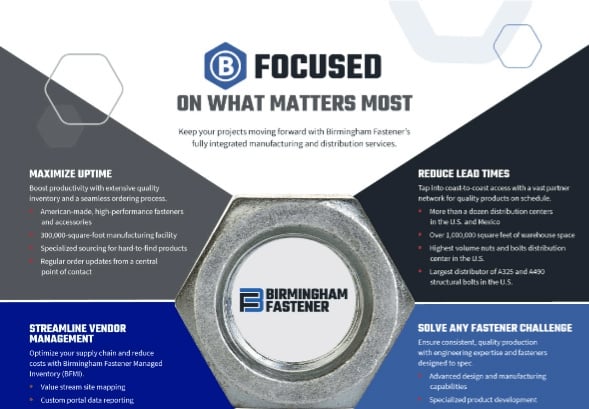
Focus on What
Matters Most
Related Posts
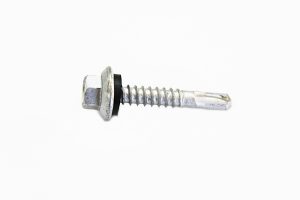
Flange Head Drill with Washer Information and Size Chart
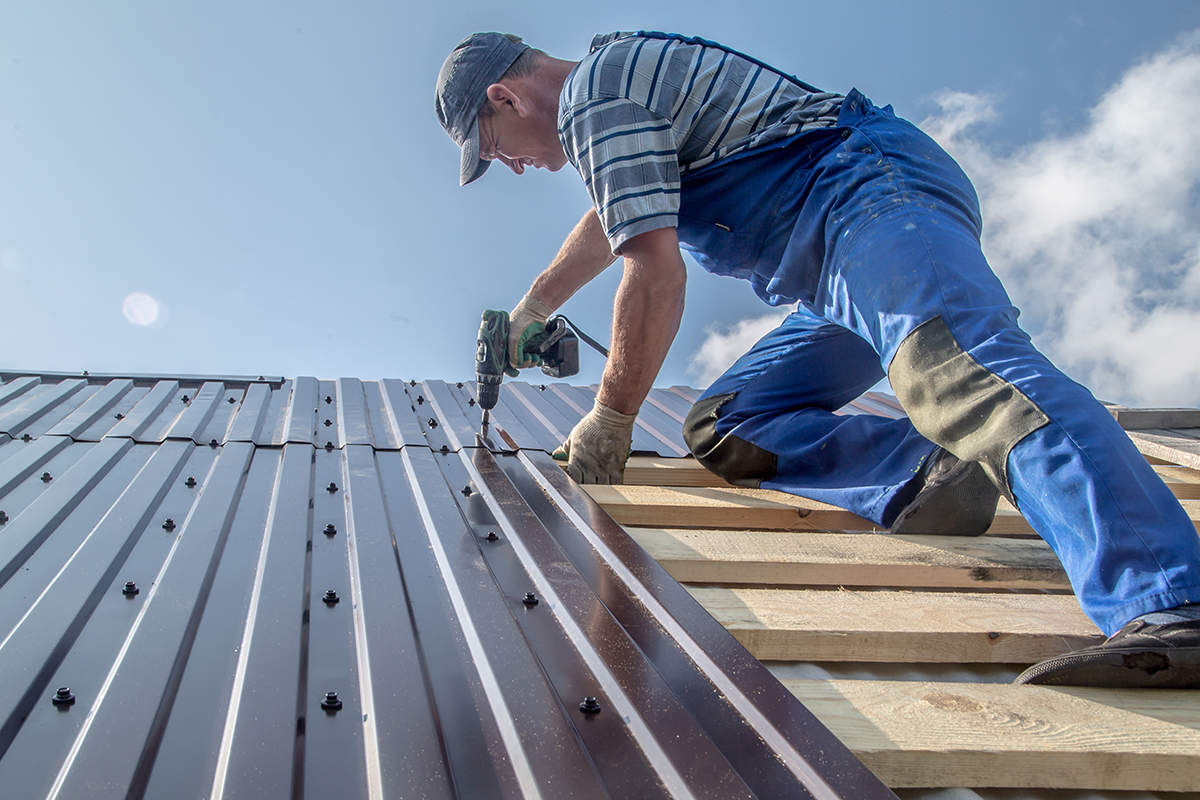
Common Issues with Metal Building Screws
